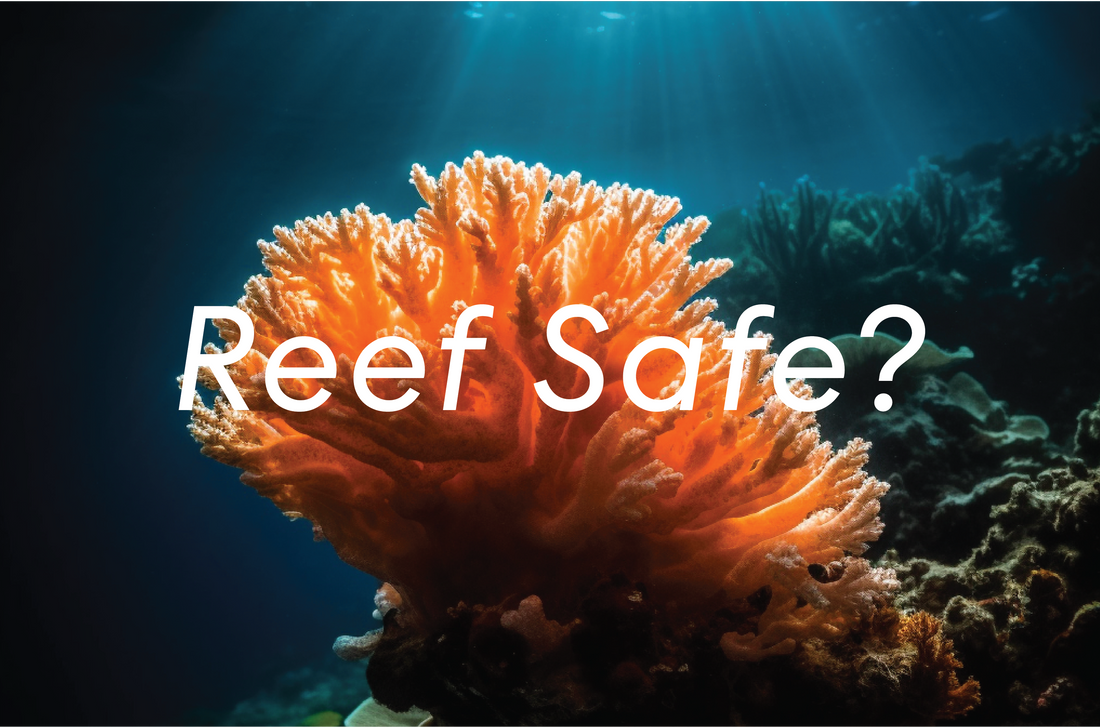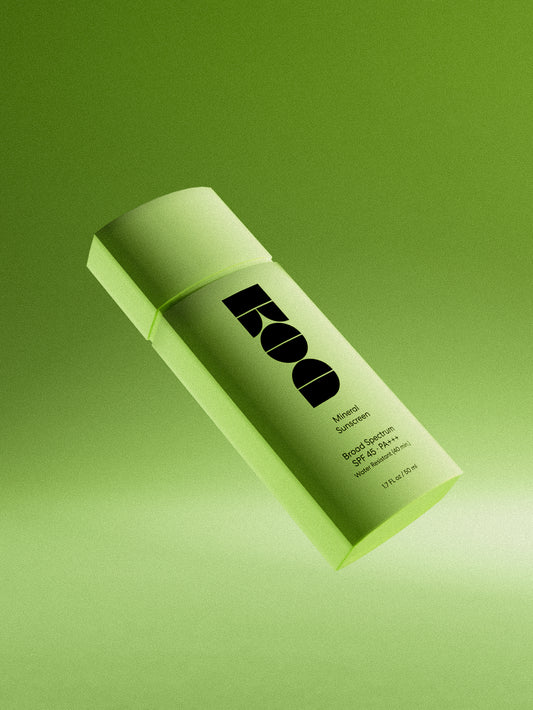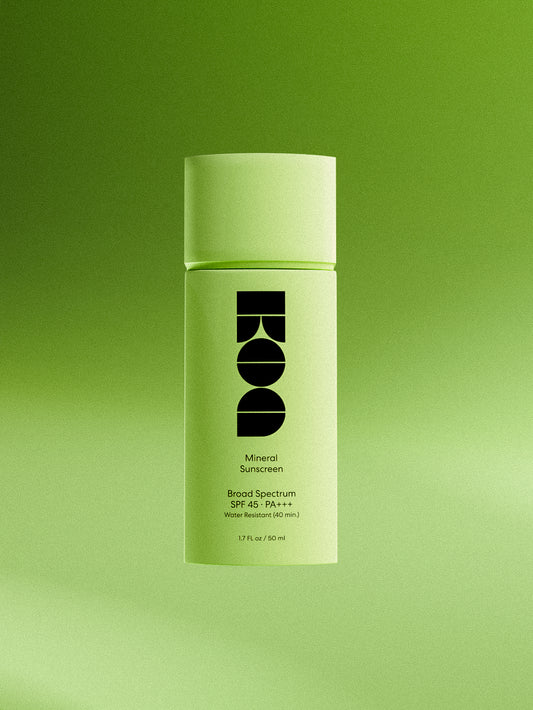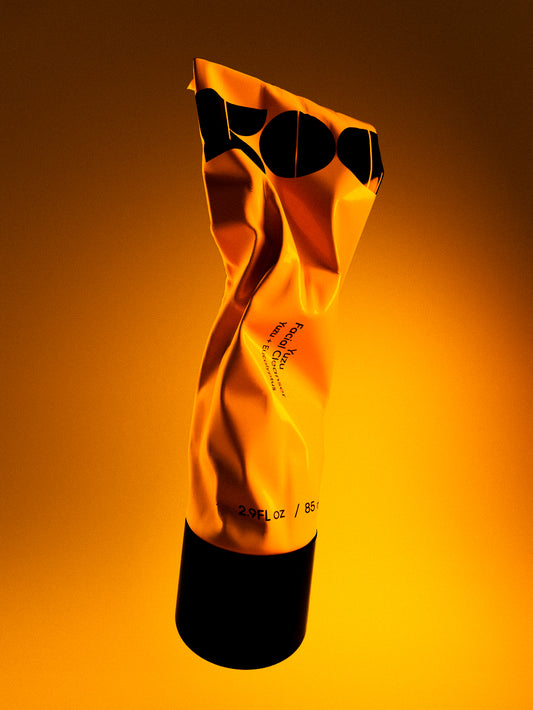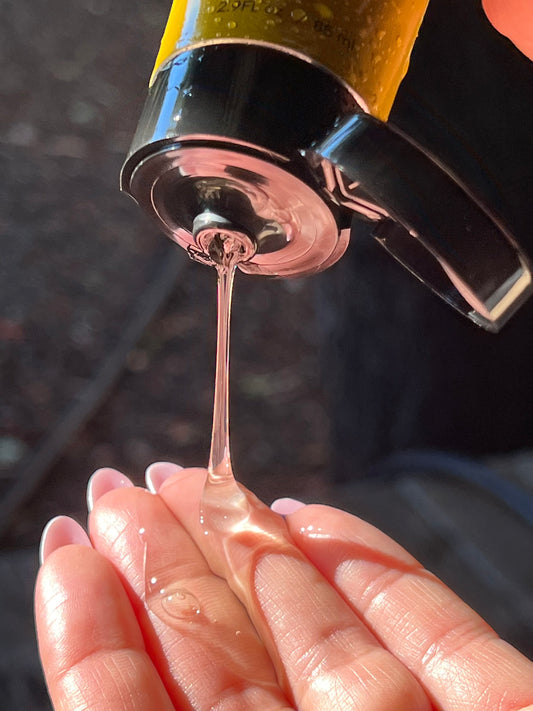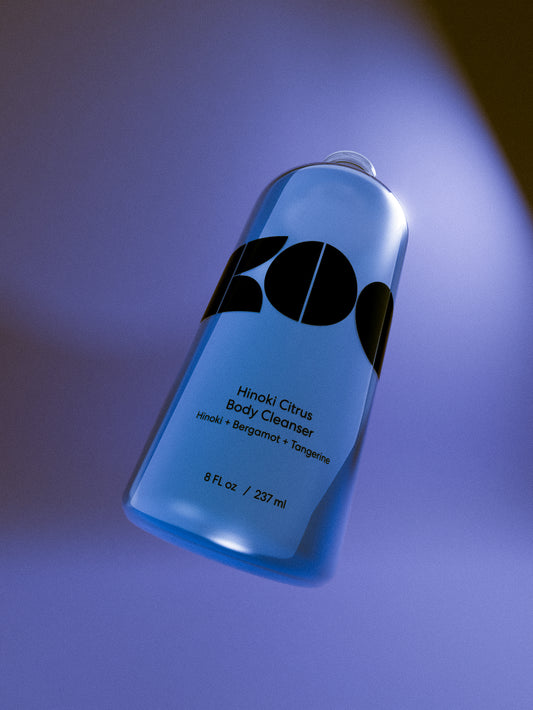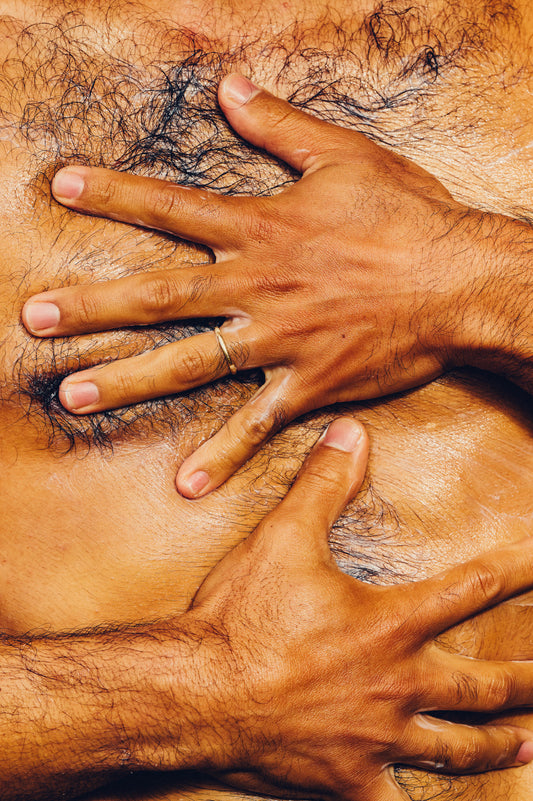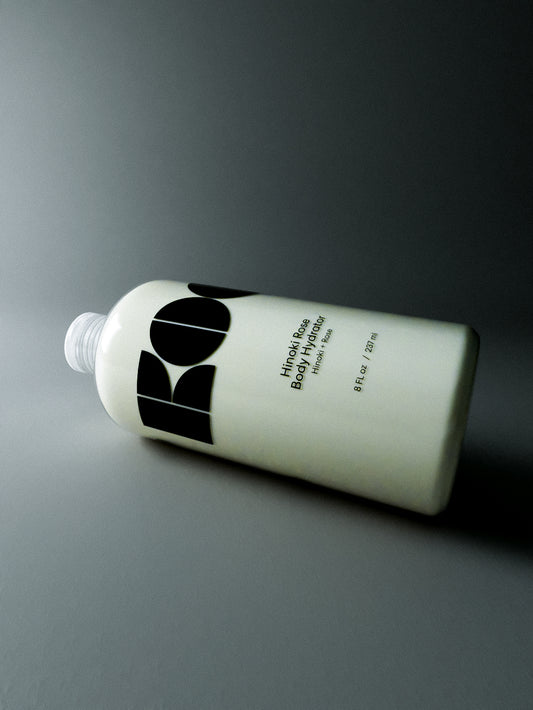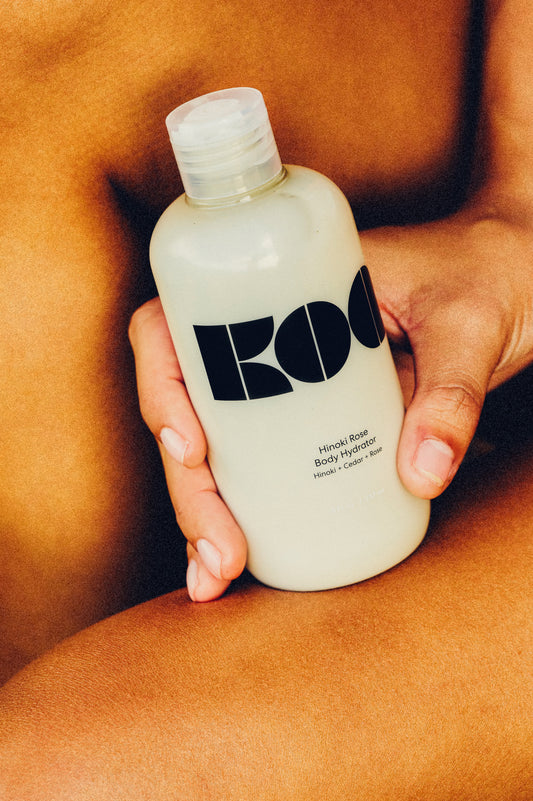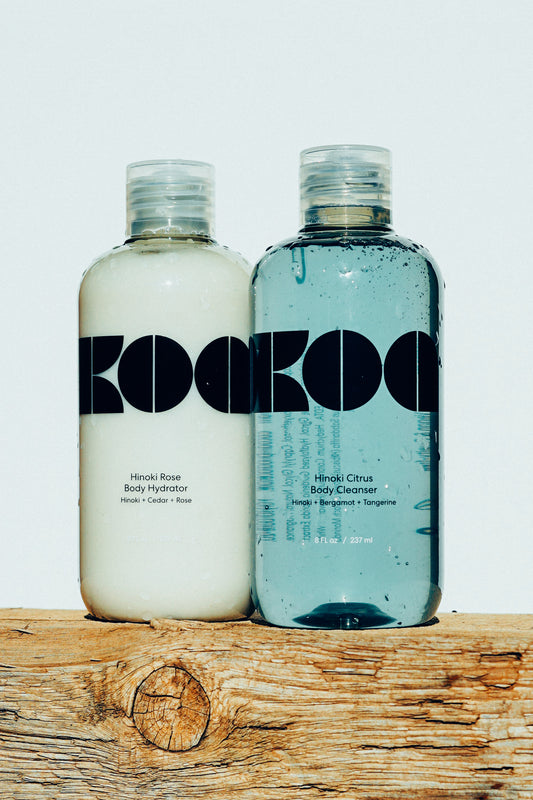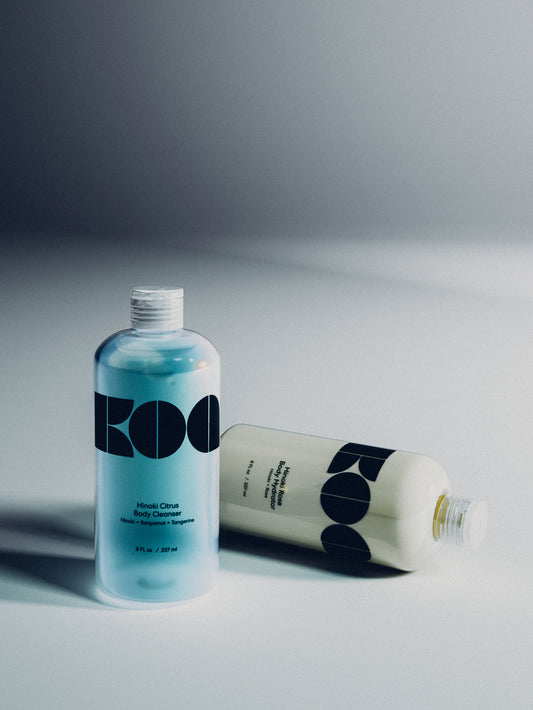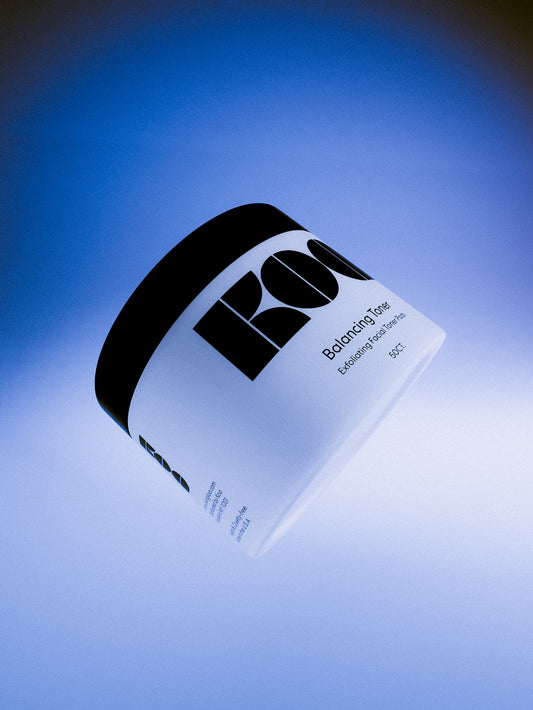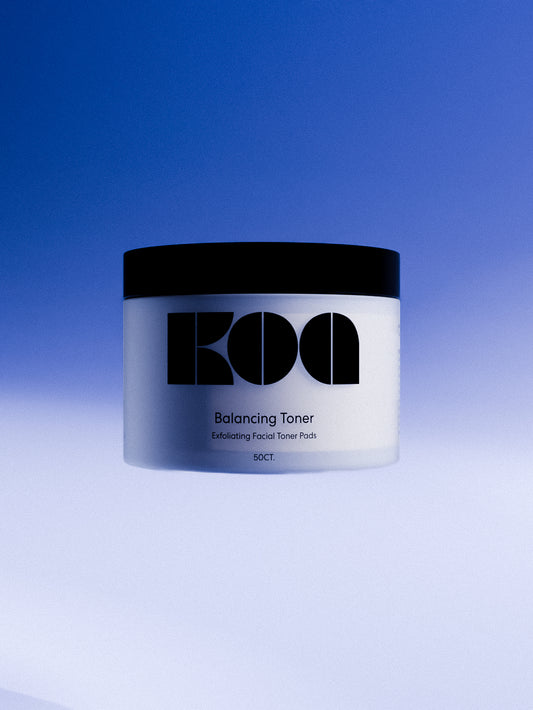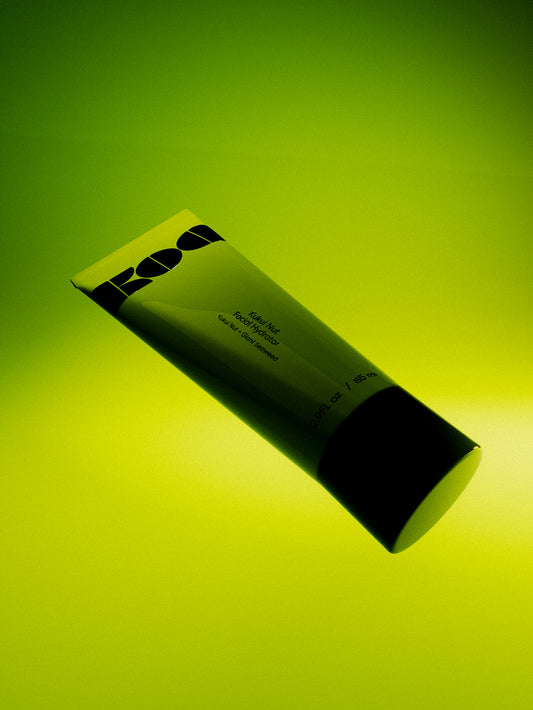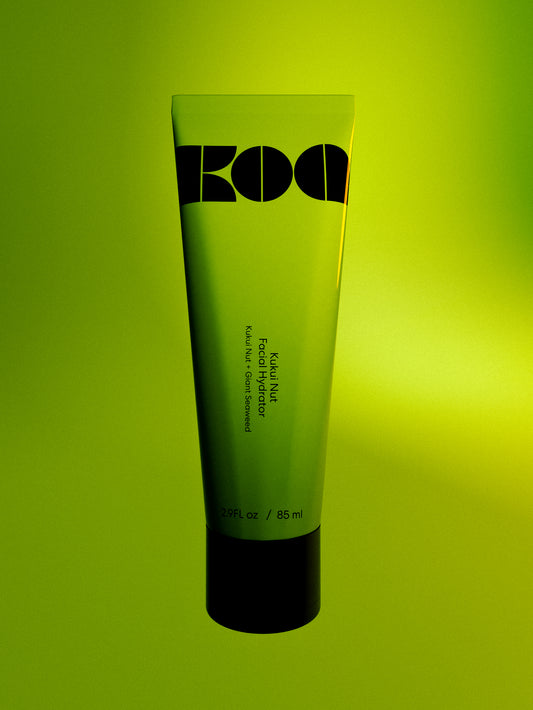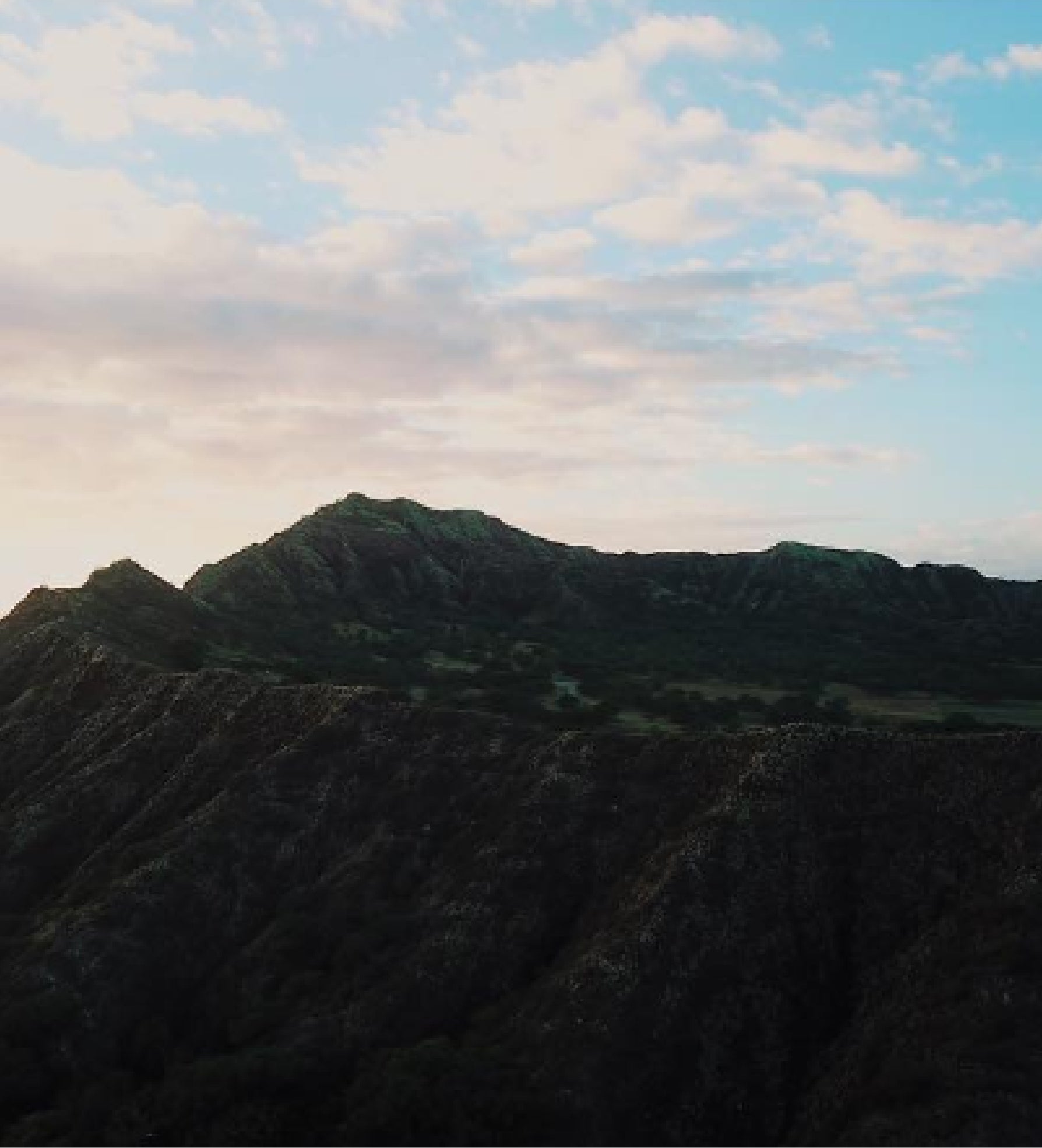We hear the term “reef safe” thrown around alot these days. But what exactly does it mean? And why is it important? We provide some helpful points below:
1. What is reef-safe sunscreen?
Reef-safe sunscreen is sunscreen free of chemical ingredients and small particles known to damage and kill coral reefs in the oceans.
2. Why is it important to preserve coral reefs?
Coral reefs are essential to our oceans’ ecology and biodiversity. NOAA estimates that 25% of ocean fish depend on healthy coral reefs for survival. These fish and other organisms shelter, find food, reproduce, and rear their young in the many nooks and crannies formed by corals.
3. What do most sunscreens do to coral reefs?
Sunscreens that aren’t reef safe block UV radiation through a chemical reaction that converts UV light into heat. When these sunscreens seep into our oceans, they bind to corals and heat them up, driving temperature-sensitive coral polyps – the tiny animals responsible for building reefs – out.
When the coral polyps leave, corals lose their brilliant color and appear bone-white. This phenomenon is called “reef bleaching”. Bleached corals often die of starvation, leading the many organisms who depend on them to seek refuge elsewhere or meet a similar fate.
Bleached coral may recover but scientists estimate this process takes between 9-12 years after bleaching activity stops.
 Source: The Ocean Agency / XL Catlin Seaview Survey / Richard Vevers via Vox
Source: The Ocean Agency / XL Catlin Seaview Survey / Richard Vevers via Vox
4. What are reef-safe ingredients?
The only ingredients recognized as reef-safe are non-nano Zinc Oxide (ZnO) and Titanium Dioxide (TiO2).
5. What ingredients are NOT reef-safe?
Most ingredients used in sunscreens today are not reef-safe. These harmful substances include:
- Oxybenzone
- Octinoxate
- Octocrylene
- Homosalate
- 4-methylbenzylidene camphor
- PABA
- Parabens
- Triclosan
- Any nanoparticles or “nano-sized” zinc or titanium (if it doesn’t explicitly say “micro-sized” or “non-nano” and it can rub in, it’s probably nano-sized)
- Any form of microplastic, such as “exfoliating beads”
 Source: SaveTheReef.org
Source: SaveTheReef.org
6. What is being done about this?
While most legislation is far behind where it should be in banning non-reef-safe sunscreens, Hawaii is taking the lead. In 2021, it became illegal to sell sunscreens containing oxybenzone and octinoxate in our state. We hope that the ban grows to encompass other harmful ingredients, and that other states follow in Hawaii’s footsteps to preserve our precious oceans. You can read more about Hawaii’s sunscreen ban here and here.
Being from Hawaii, we care deeply about the health of our oceans. That's why at Koa we make all of our sunscreen 100% reef-safe!

